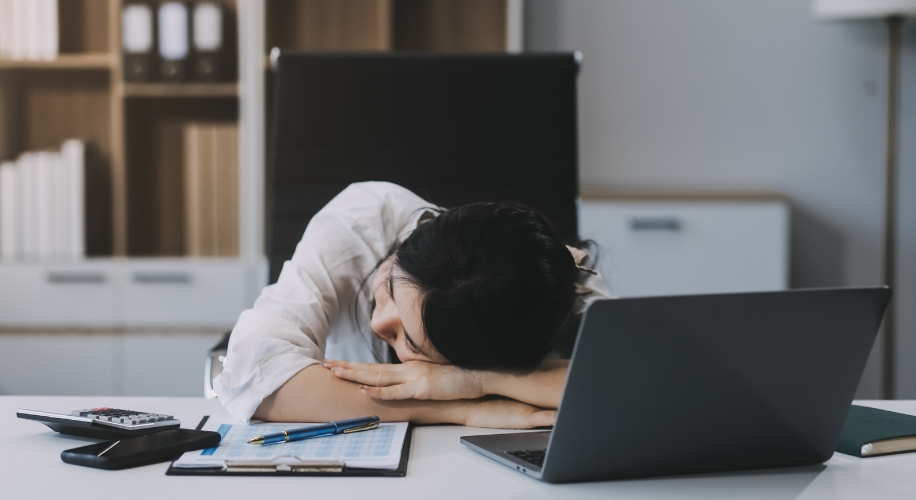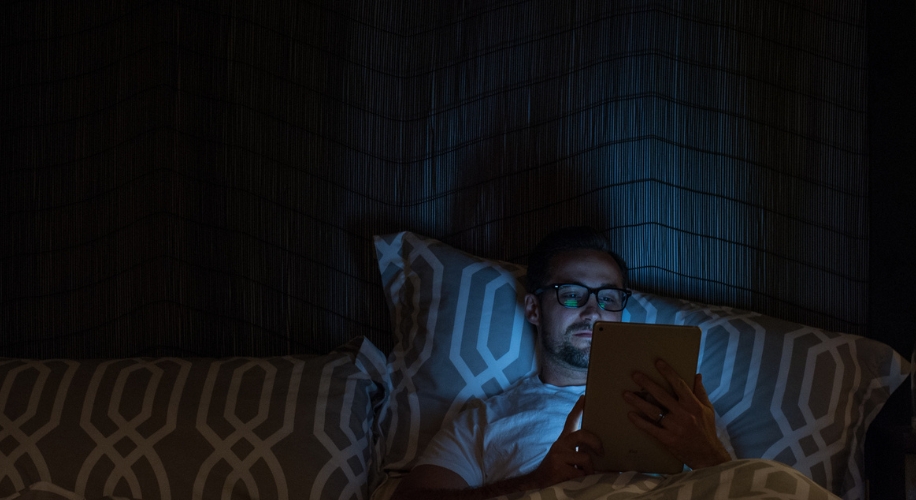The Role of Sleep in Maintaining Good Eye Health
We all know that sleep is essential for overall health, but did you know it plays a crucial role in maintaining good eye health too? Just like the rest of your body, your eyes need rest to function optimally. Let’s explore the connection between sleep and eye health, and discover tips for better rest.

Photo by Titiwoot Weerawong
Why Sleep is Essential for Your Eyes
During sleep, your eyes undergo a restorative process. This includes:
- Repair and Regeneration: Your eyes repair damaged cells and regenerate tissues, helping to prevent age-related eye conditions like cataracts and macular degeneration.
- Reduced Eye Strain: Sleep gives your eyes a break from the constant demands of daily life, such as staring at screens. This helps alleviate eye strain, dryness, and fatigue.
- Improved Tear Production: Adequate sleep supports healthy tear production, which is essential for keeping your eyes lubricated and comfortable.
- Enhanced Blood Flow: Sleep increases blood flow to the eyes, delivering essential nutrients and oxygen to nourish the tissues.

The Impact of Sleep Deprivation on Eye Health
Lack of sleep can negatively affect your eye health in several ways:
- Dry Eyes: Sleep deprivation can lead to reduced tear production, causing dry eyes, which can be uncomfortable and even blurry.
- Eye Strain: When you’re tired, your eyes work harder to focus, increasing the risk of eye strain and headaches.
- Blurred Vision: Insufficient sleep can temporarily affect your vision, making it difficult to see clearly.
- Increased Risk of Eye Disease: A study of individuals over 40 with glaucoma revealed a strong correlation between sleep duration and optic nerve damage. Participants who slept fewer than three hours or more than ten hours per night were found to be three times more likely to experience optic nerve damage compared to those who slept around seven hours nightly.
Tips for Better Sleep and Eye Health
To improve your sleep quality and support your eye health, consider these tips:
- Establish a Sleep Routine: Go to bed and wake up at the same time each day, even on weekends. This helps regulate your body’s internal clock.
- Create a Relaxing Bedtime Routine: Engage in calming activities before bed, such as reading a book or taking a warm bath.
- Optimize Your Sleep Environment: Ensure your bedroom is dark, quiet, and cool. Invest in a comfortable mattress and pillows.
- Limit Screen Time: Reduce screen exposure before bed, as the blue light emitted by devices can interfere with sleep. For additional protection, consider using blue light blocking glasses, which can help filter out hazardous blue light and improve sleep quality.
- Watch Your Diet: Avoid caffeine and alcohol close to bedtime.
- Regular Exercise: Physical activity can improve sleep quality, but avoid intense workouts right before bed.

By prioritizing sleep and incorporating these tips into your routine, you can significantly enhance your overall well-being and eye health. Remember, a good night’s sleep is an investment in your vision. And for added eye comfort, consider exploring Zenni’s range of blue light blocking glasses to further support your eye health and improve your sleep quality.




 Canada
Canada